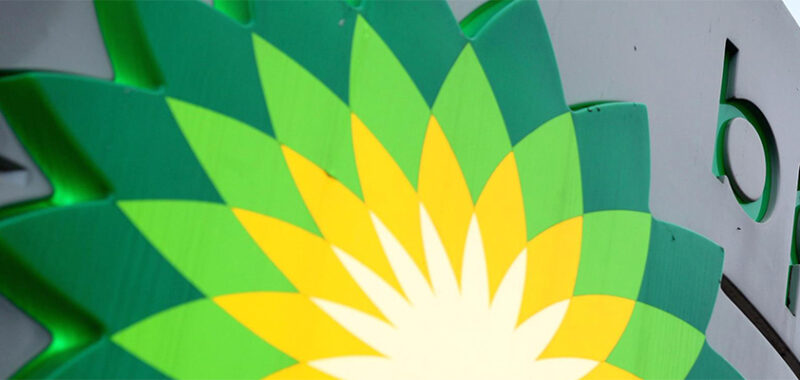BP (NYSE: BP) is reducing by $1 billion its quarterly share buyback program after reporting weaker-than-expected earnings, significantly lower cash flow, and rising net debt for the first quarter.
The UK-based supermajor, which has been under intense pressure from activist investor Elliott to cut costs and boost share performance, reported today an underlying replacement cost (RC) profit – the closest metric to net profit – of $1.38 billion for the first quarter.
That’s lower than a company-provided analyst consensus estimate of $1.53 billion, and half compared to BP’s earnings of $2.7 billion for the first quarter of 2024.
BP’s management touted the early results of the strategy reset and the three project start-ups this year, out of 10 major projects expected to begin oil and gas production by 2027.
“I’m pleased to say that 2025 is off to a great start, with three of these projects now safely started up, delivering production and generating cash flow and returns,” CEO Murray Auchincloss said.
However, BP’s operating cash flow plunged to $2.8 billion, down by around $4.6 billion from the previous quarter. BP attributed the slump to working capital build with “seasonal inventory effects and timing of various payments including annual bonus payments and payments related to low carbon assets held for sale.”
“In a similar price environment, we expect around three-quarters of the working capital build to reverse through the remainder of the year,” BP’s chief financial officer Kate Thomson said.
Net debt jumped to $27 billion at the end of the first quarter, primarily driven by lower operating cash flow. BP remains committed to a target to reduce net debt to $14-18 billion by the end of 2027.
Related to the first quarter results, BP intends to execute a $750-million share buyback prior to reporting the second-quarter results.
That’s $1 billion lower compared to the buyback announced with the fourth-quarter results—a $1.75 billion share repurchase program completed on April 25, 2025.
Following the weak results and lower buyback, BP’s shares slumped by 3.6% in London as investors and analysts appear concerned that BP’s financial frame of shareholder distributions may not be sustainable as early as the second quarter, which started with a 10% oil price decline in early April.
Of the five supermajors, BP was picked by analysts as the company most at risk of reducing share buybacks—which it did today.
By Tsvetana Paraskova for Oilprice.com

